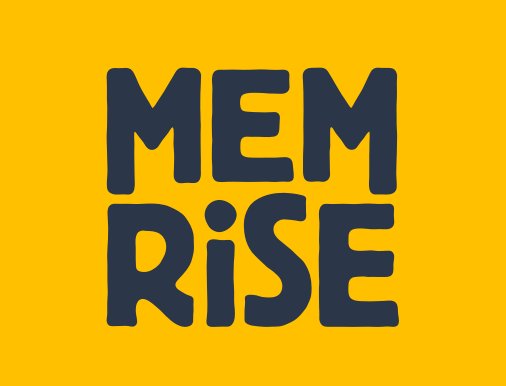The role of Mandarin in uprooting other Chinese languages have well been known. We can witness this being played out in Hong Kong, where the Cantonese language is under threat from Mandarin.
What you don't see, and many of you do not realise, is Mandarin's role in reshaping Hokkien, including Penang Hokkien, especially among the younger generation. In this article, I want to explain how Mandarin is reshaping Hokkien. Unlike languages that use the alphabet, which can be employed to create proper nouns, Chinese languages resort to assigning Chinese characters to mimic the sound of proper nouns in non-Chinese languages.
In the Malaysian context, there is a diglossia where the Chinese educated speak Hokkien at home, but switch to Mandarin when they need to write something. When it comes to writing proper names in English, the options are either to retain the spelling in the Roman alphabet, or to assign specific Chinese characters to transcribe the name. This method of assigning Chinese characters is arbitrary. There are instances where the originally assigned characters are later rejected and a new set adopted in their place. A case in point is the name for Terengganu, which was originally 丁加奴 but in 2004 changed to 登嘉楼.
Hokkien is a largely oral language. Yes, we may argue that even in the days of old, it is possible to write Hokkien using Chinese characters, even though to be precise, those who read Hokkien were in fact reading Literary Chinese using Hokkien reading, while colloquial, vernacular Hokkien is largely oral, and off-school.
But there are nouns in Hokkien which we often need to write in Mandarin. That's when Chinese characters come into play. Unfortunately, when they are assigned to Hokkien nouns, the Chinese characters retain their Mandarin pronunciation, which creates a problem, because there are sounds in Hokkien which do not exist in Mandarin.
The voiced consonants "d", for example, doesn't appear in Mandarin. Both Malay and Hokkien have the consonant "d", but not Mandarin. When the need arise to write nouns that start with "d", the Chinese characters assigned to those nouns are not pronounced with d, but something else. Examples include datok kong and durian. These are not words of Mandarin origin, and in Mandarin, they do not retain the letter "d".
The reshaping of Hokkien occurs when those words, written using Chinese characters, are read in Hokkien. They have lost the original "d", becoming natuk kong and liulien. So widespread and pervasive are Chinese characters that many Chinese educated insist that natuk kong and liulien are the Hokkien pronunciation of datok kong and durian. Among the non-Chinese educated, they do not have this problem because they are not subjected to Mandarin intrusion.
We should be aware of this Mandarin intrusion because it can, and it will, reshape our ideas and knowledge of Penang Hokkien.
Language Learning Tools
Use the following language learning tools to learn Penang Hokkien!Learn Penang Hokkien with uTalk
This app opens the door to over 150 languages.Return to Penang Hokkien Resources

Copyright © 2003-2025 Timothy Tye. All Rights Reserved.

 Go Back
Go Back
